
Your liver is a vital organ, which performs over 500 functions to keep your body healthy. But when liver disease starts developing, the early signs can be easy to miss. Detecting liver symptoms early can prevent severe complications in liver disease like cirrhosis or liver failure. In this article, we will explore the early signs of liver disease, what causes it, and how you can take preventive action.
Understanding the Liver’s function
The main functions of the liver are:
- Filtering toxins from the blood
- Producing bile for digestion
- Storing essential nutreints
- Regulation of blood sugar levels
Since the liver is so vital, any damage can have widespread effects on your health.

What causes liver disease?
Liver disease can be caused by multiple factors some common causes are mentioned below:
1. Genetic Disorders– conditions like hemochromatosis affect liver function.
2. Excessive alcohol consumption leads to alcoholic liver disease.
3. Viral infections– Hepatitis A, B, and specifically C can cause chronic liver inflammation.
4. Obesity- can also result in fatty liver disease.
5. Medication and toxins– Some drugs are also harmful to the liver if taken improperly.

Early symptoms of liver Disease
The early signs of liver disease can be mild, but recognizing them early can make all the difference.
1. Fatigue and weakness
Feeling tired constantly even after taking rest could indicate liver damage. The liver plays a crucial role in energy production, and when it struggles, fatigue sets in

2. Nausea and Loss of appetite
Unexplained nausea, loss of appetite, and intolerance to certain foods can also be warning signs of a damaged liver.

3. Unexplained weight loss
Sudden weight loss without dieting or exercise can indicate an underlying issue with the liver’s ability to metabolize nutrients.

Visible skin and eye changes
4. Jaundice (yellowing of skin and eyes)
It is a condition in which the color of the eyes, skin, and mucous membrane becomes yellow due to excess bilirubin levels in the blood. It is due to liver damage, bile duct obstruction, or excessive red blood cell breakdown.

5. Itchy and Dry skin
Persistent skin itching can indicate bile duct obstruction, affecting the liver’s ability to remove waste properly.

Digestive issues linked to liver disease
6. Bloating and abdominal discomfort
A bloated stomach, typically accompanied by pain, might suggest fluid accumulation due to liver disease.

7. Changes in stool and urine color
In liver disease the urine becomes dark and the stools become pale in color may signal issues in bile production, affecting digestion.

Mental and neurological symptoms
8. Mental fog and confusion
As the liver removes toxins from the blood, when it fails, toxins may accumulate in the brain and can affect brain function, leading to confusion or difficulty in concentrating.

9. Mood swings and irritability
Liver dysfunction can impact brain chemistry, causing mood swings, depression, or anxiety.

Abdominal and Body pain
10. Upper right abdominal pain
Pain in the upper right side of the abdomen is a common early symptom of the liver disease.

11. Swelling and Fluid Retention
Swollen legs or a distended stomach may indicate liver-related fluid retention.

Liver disease and unusual bleeding
12. Bruising easily and nosebleeds
Liver disease can impair blood clotting, resulting in easy bruising and frequent nosebleeds.

How is liver disease diagnosed?
Doctors may use:
Blood tests (liver function tests)
Imaging tests (ultrasound, MRI, or CT scan)
Liver biopsy (to assess liver damage)
Prevention and lifestyle changes
Eat a balanced diet with plenty of fruits and vegetables.
No alcohol intake to protect liver cells.
Exercise regularly to prevent fatty liver disease.
Stay hydrated to support detoxification.
Get vaccinated for hepatitis B.
Available treatment options
Liver disease treatment depends on the cause and severity. Options included:
Dietary and lifestyle changes
Medications to manage symptoms and slow progression
Liver transplant in severe cases
FAQS
1. can liver disease be reversed?
Yes, In the early stages, lifestyle changes and treatment can help to reverse some forms of liver disease.
2. How long does it take for symptoms to appear?
It depends on the cause, some disease of the liver develops slowly, while others progress rapidly.
3. Is liver disease hereditary?
Yes, some liver diseases are hereditary, like hemochromatosis and Wilson’s disease, but others are caused by infection, viruses, lifestyles, and other factors.
4. Does liver disease always cause jaundice?
Not always. Some early liver disease symptoms appear without jaundice.
5. What is the best diet for liver health?
A diet rich in antioxidants, healthy fats, and fiber supports liver health.
Conclusion
The liver plays a vital role in maintaining overall health. Early detection of liver disease is essential to prevent serious complications. If any symptoms arise, as we discussed above, seeking medical consultation is crucial to protect liver function and improve overall well-being.

I’m a 3rd-year MBBS student at Nowshera Medical College(KMU), passionate about medicine and sharing knowledge through writing. My goal is to grow as a skilled healthcare professional and contribute to the medical community.
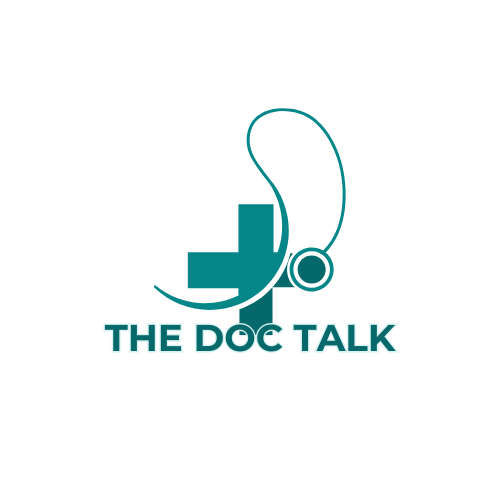




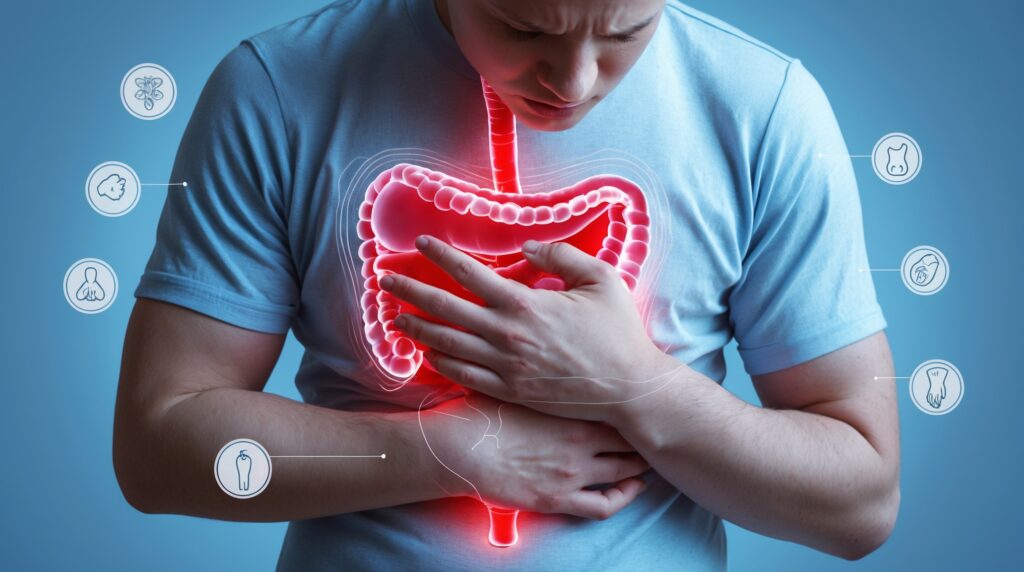





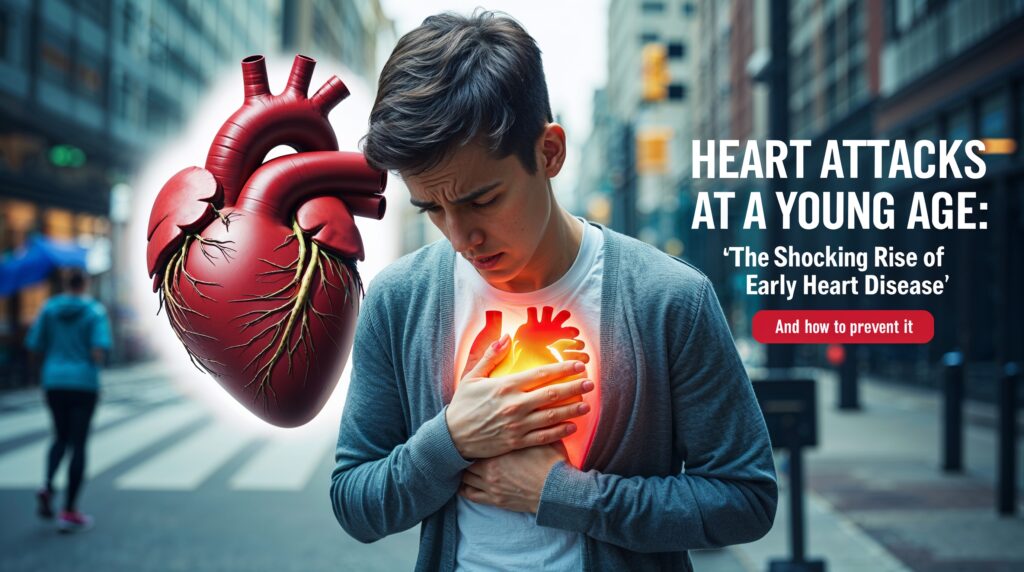
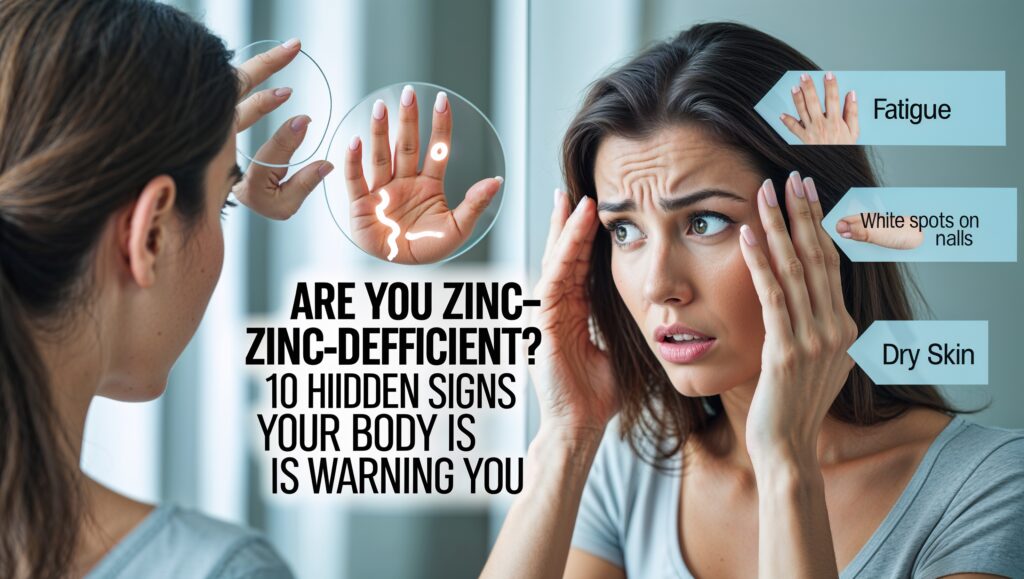
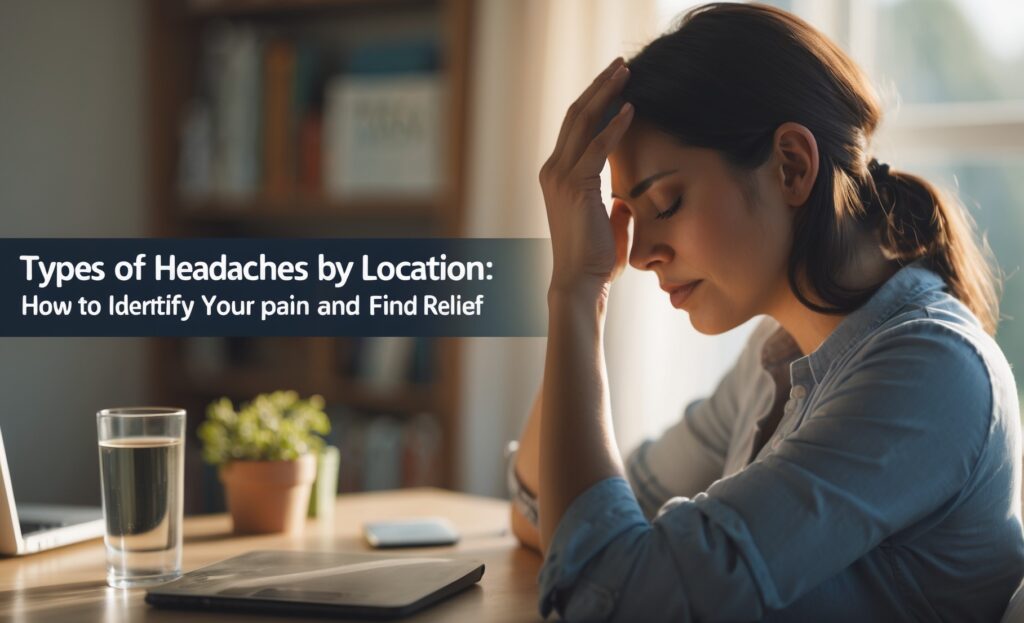


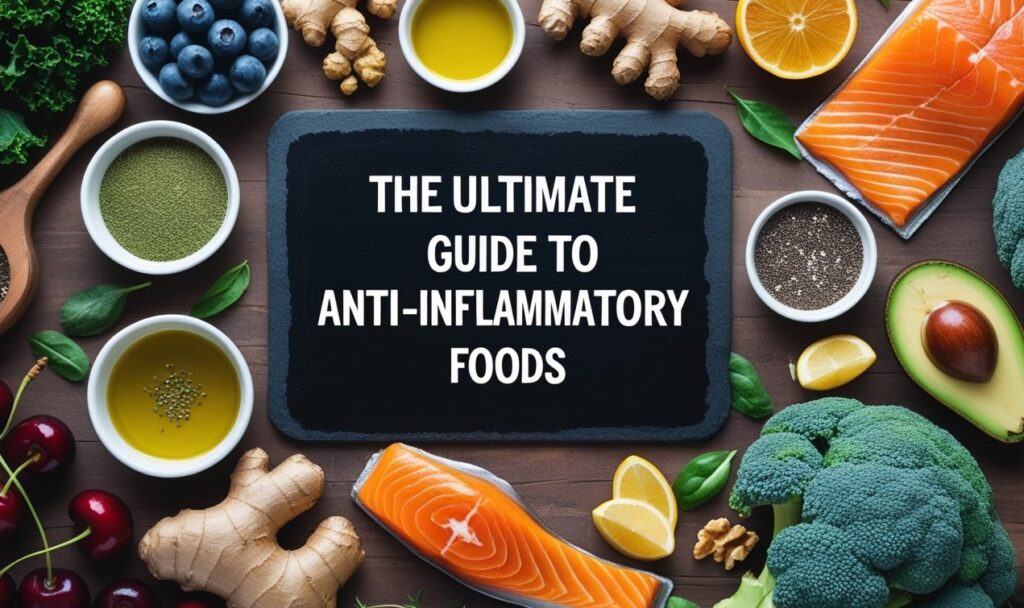
“I really appreciate the effort you put into this article on the liver! Your explanation is clear, well-structured, and informative. It’s evident that you’ve done thorough research, making complex concepts easy to understand. Great job—keep up the amazing work!”
Thank you for your kind comment ❤ ! I’m glad you found the article clear and helpful. Your support means a lot, and I appreciate you taking the time to share your thoughts 😊.
Nice going!
Fantastic
Thank you ❤
This is very informative . Thank you bro .I learn a lot about liver.
And I really appreciate the effort you put forwarded.
May Allah bless you such a good deed and good life.
And keep going on your work.
Thank you so much for your heartfelt message! I’m truly glad you found the information helpful and informative. Your kind words and blessings mean a lot to me. May Allah bless you abundantly as well! Keep learning and growing—your support inspires me to continue. 🙏😊
Well structured and information and explanations ♥️
Thank you so much !❤️🙏
Weldone
Thank you so much ! ❤😊
Rich in knowledge and easy to understand. I appreciate your efforts.
Thank you for your thoughtful feedback! I’m glad you found it helpful and easy to understand. Your appreciation means a lot! 🙏😊
Great work,
Really appreciable
The way you express was amazing 👍👍
Thank you so much for your kind words! I truly appreciate your encouragement and support. 🙏😊
Keeps the Good work up👍👍
Thank you for your support, Sir! I truly appreciate it. 😊❤️
Terrific and yet a momentous feat.anxiuosly expecting more such in depth and critical topics be discussed.
Thanks for your kind words!❤️ I appreciate your interest and will continue to cover in-depth topics.
Very informative and important article presented in a very nice way
Thank you so much for your kind feedback !❤️
Excellent and perfect 👍
Thank you so much! I truly appreciate you kind words and support.
Awesome job on the liver article! Your clear and concise explanation made complex concepts feel easy to grasp. Seriously impressed by your research and writing skills! Keep sharing your knowledge and inspiring others.
Thank you so much for your kind words! I’m really glad you found the article helpful. Your encouragement means a lot ❤